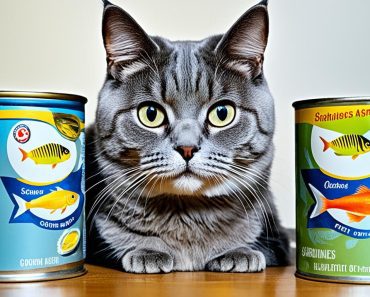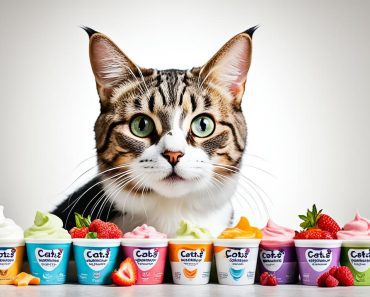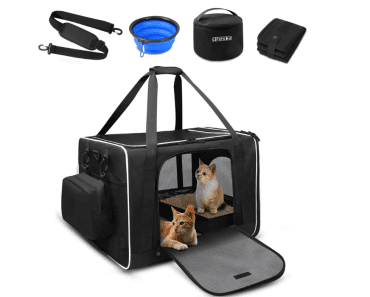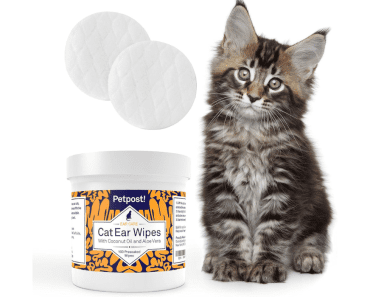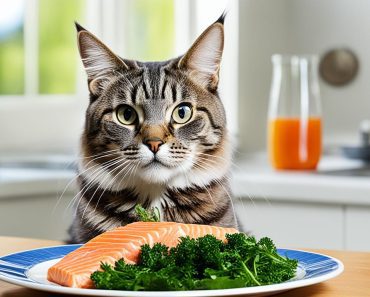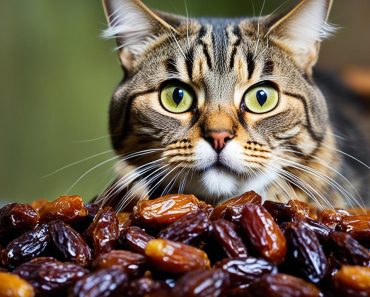Greetings! Today, I want to talk about a topic that many cat owners may wonder about: can cats eat cheese? As a cat lover myself, I understand the importance of providing our feline friends with a safe and balanced diet. In this article, I will explore the safety and nutrition facts surrounding cats and cheese, so you can make informed decisions about what to feed your furry companions.
When it comes to cheese, it’s important to remember that cats have unique dietary needs. While some cats may be able to tolerate small amounts of cheese, others may experience digestive issues due to lactose intolerance or dairy allergies. It’s crucial to understand your cat’s individual tolerance and any underlying health conditions before introducing cheese into their diet.
Choosing the right types of cheese is also vital. Opt for low-lactose options like cheddar or Swiss, and avoid soft and moldy cheeses that can be harmful to cats. Additionally, it’s essential to feed cheese to your cat in moderation, as it should be given as an occasional treat rather than a regular part of their diet.
Can Cats Eat Cheese? Yes, but just sparingly.
- Cats can eat cheese, but only in moderation and as an occasional treat.
- Some cats may be lactose intolerant or have dairy allergies, so it’s important to consider their individual tolerance and any underlying health conditions.
- Choose low-lactose cheeses like cheddar or Swiss, and avoid soft and moldy cheeses.
- Feeding cats small amounts of cheese can provide calcium and protein, but it should never be a significant part of their diet.
- Consult with a veterinarian to understand your cat’s specific dietary needs and to explore cat-friendly alternatives to cheese.
Now that we’ve covered the basics of cats and cheese, let’s delve deeper into dairy intolerance, the benefits, downsides, and safe ways to feed cheese to your feline friends. Stay tuned for the next sections of this article!
Can Cats Digest Dairy? Dairy Intolerance and Dairy Allergy in Cats
Many cats are lactose intolerant and cannot digest dairy products properly. Consuming dairy can cause gastrointestinal problems for cats, including inflammation, diarrhea, constipation, and vomiting. Cats with a dairy allergy may also have adverse reactions to cheese, and dairy can even affect their immune system.
While cats are obligate carnivores and don’t require dairy in their diet, some cats may be drawn to the taste of cheese due to its high-fat and protein content. However, it’s important to be mindful of a cat’s individual tolerance and any underlying health conditions.
When cats consume dairy products, the lactose in the milk can be difficult for their bodies to break down. This can lead to discomfort and digestive issues. Cats lack the necessary enzyme lactase, which helps break down lactose into more easily absorbable sugars. As a result, the undigested lactose can ferment in their intestines, leading to an upset stomach and potential inflammation.
In addition to lactose intolerance, some cats may also have a dairy allergy. This is an immune response to certain proteins found in dairy products, including cheese. When a cat with a dairy allergy consumes cheese, it can trigger an allergic reaction, which may manifest as itching, skin rashes, or even respiratory distress.
Despite these potential issues, some cats may have a higher tolerance for dairy products, including cheese. It’s essential to monitor your cat closely after giving them cheese and look for any signs of discomfort or digestive issues. You should also consult with your veterinarian to determine if cheese is a suitable addition to your cat’s diet based on their individual dietary needs and health conditions.
Remember, while cheese may be appealing to cats due to its taste and texture, it should never be a significant part of their diet, as it does not provide the essential nutrients they need as obligate carnivores. If you choose to give your cat cheese, it should only be given in moderation and as an occasional treat.
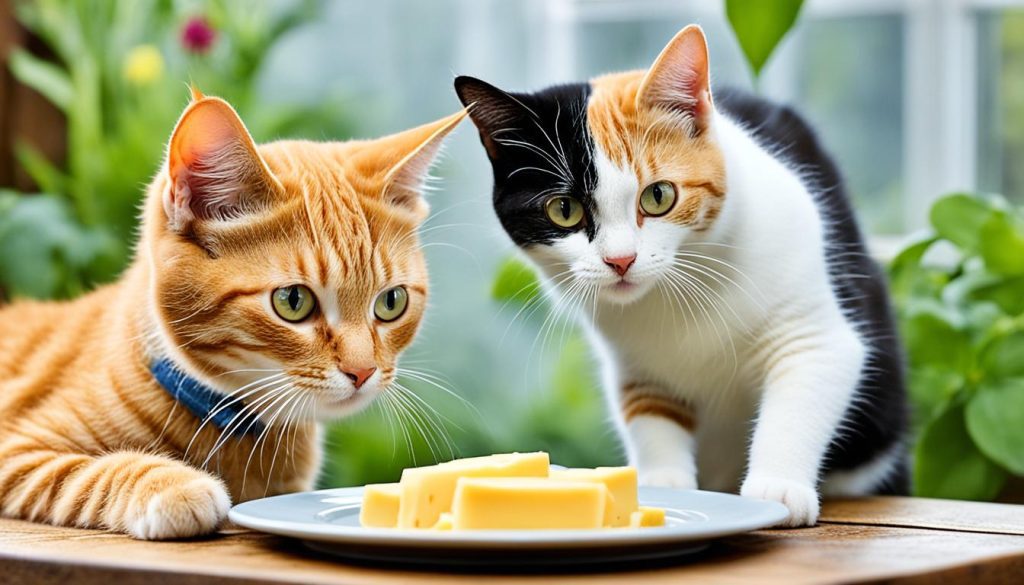
The Benefits and Downsides of Feeding Cats Cheese
Feeding cats small amounts of cheese can have both benefits and downsides. On the positive side, cheese can be a low-carb snack that is high in calcium and protein, which are essential for a cat’s overall health and well-being. Additionally, cheese can be a useful tool for hiding medication, making it easier to administer necessary treatments to your furry friend.
However, it’s important to consider the downsides of feeding cats cheese, especially if they have any pre-existing health conditions. Cats with heart conditions, dairy allergies, or obesity may be at a higher risk for negative effects from consuming cheese. This is because cheese can be high in fat, salt, and lactose, which can potentially lead to digestive issues and other health problems.
Before incorporating cheese into a cat’s diet, it’s crucial to consult with a veterinarian to understand their specific dietary needs. Your veterinarian can provide personalized advice and guidance on whether cheese is a suitable and safe food option for your cat.
It’s important to keep in mind that while cheese can be enjoyed by some cats in moderation, it should never make up a significant portion of their diet. Other cat-friendly alternatives should be considered for regular treats to ensure a balanced and nutritionally appropriate diet. By understanding and accommodating their dietary needs, you can help support your cat’s overall health and well-being.
How to Safely Feed Cheese to Cats
If your cat can tolerate small amounts of cheese, it can be given as a treat or sprinkled over their meal in moderation. While cheese can be enjoyed by some cats, it should not make up a significant portion of their diet. Treats, including cheese, should make up no more than 10% of a cat’s daily calorie intake to ensure they receive a balanced and nutritious diet.
When introducing cheese into your cat’s diet, it’s important to monitor their reaction and look for any signs of discomfort or digestive issues. Cats, like humans, can have different tolerances to certain foods, so it’s essential to pay attention to your cat’s individual needs.
In terms of the type of cheese, harder and aged cheeses like cheddar or Swiss are generally safer for cats as they have lower lactose content. Lactose, a natural sugar found in milk and dairy products, can be difficult for cats to digest. By choosing harder cheeses, you can reduce the risk of digestive upset for your feline friend.
Additionally, it’s crucial to avoid cheeses with additives like garlic or onion, as these ingredients can be toxic to cats. Stick to plain and natural cheeses without any added flavors or seasonings.
Remember, even if your cat enjoys cheese, it should only be given in moderation. Always prioritize their overall dietary needs, which should primarily consist of a balanced and complete cat food that meets their nutritional requirements.
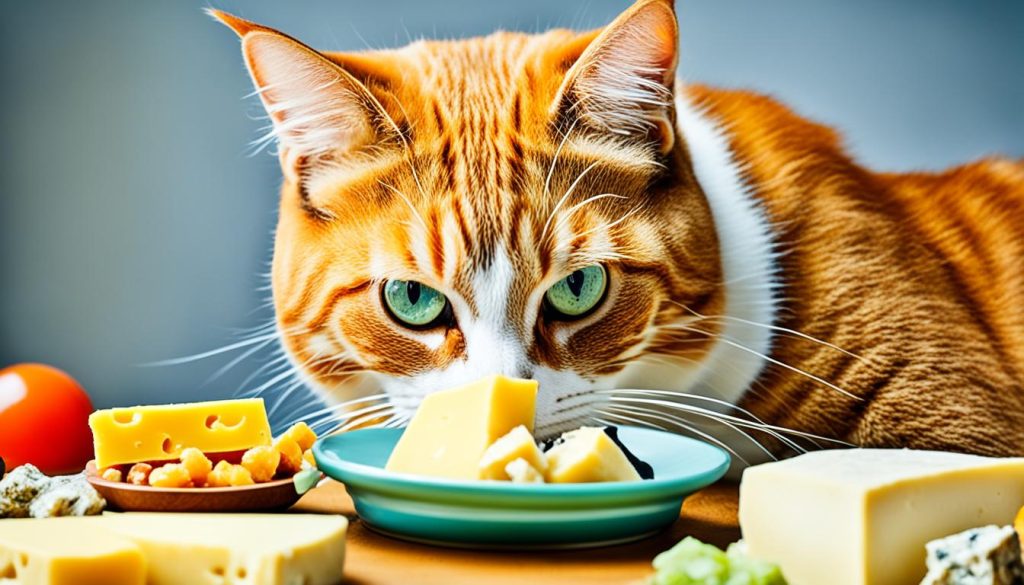
Safely Feeding Cheese to Cats:
- Give cheese as a treat or sprinkle over their meal in moderation.
- Cheese should not make up a significant portion of their diet.
- Treats, including cheese, should make up no more than 10% of their daily calorie intake.
- Monitor your cat’s reaction and look for any signs of discomfort or digestive issues.
- Choose harder and aged cheeses like cheddar or Swiss, which have lower lactose content.
- Avoid cheeses with additives like garlic or onion to prevent toxicity.
- Always prioritize their overall dietary needs with a balanced and complete cat food.
Alternatives to Cheese for Cats
When it comes to treats and enticing cats to eat their regular meals, there are plenty of cat-friendly alternatives to cheese. These alternatives not only provide a safe food option for cats but also cater to their specific dietary needs and preferences. Here are some alternatives that can be considered:
Cooked Chicken or Fish
Cooked chicken or fish can be a healthier option for cats compared to cheese. These protein-rich alternatives provide the necessary nutrients without the potential digestive issues that cheese can cause. Just make sure to remove any bones, seasoning, or skin before feeding them to your feline friend.
Commercially Available Cat Treats
There are many commercially available cat treats that are specifically formulated to meet a cat’s nutritional requirements. These treats are designed to be safe and enjoyable for cats, making them an excellent option to replace cheese. When choosing cat treats, consider your cat’s age, health condition, and specific dietary needs. Look for treats that are made with high-quality ingredients and avoid those with artificial additives or fillers.
Remember, moderation is key when offering treats to your cat. Treats should make up no more than 10% of their daily calorie intake to ensure they maintain a balanced diet. It’s also essential to consult with your veterinarian to determine the best alternatives and treats for your cat based on their individual needs. By providing safe and nutritious alternatives to cheese, you can ensure that your cat’s dietary needs are met while still indulging them with a treat they’ll love.
Conclusion
After considering the safety and nutrition facts, it is clear that cats can eat cheese, but it should only be given in moderation and as an occasional treat. While some cats may enjoy the taste of cheese, it is important to take into account their individual tolerance, any underlying health conditions, and their specific dietary needs. Cheese should never be a significant part of a cat’s diet, as it can lead to digestive issues and other health problems.
When feeding cats cheese, it is crucial to choose the right types of cheese that are low in lactose, such as cheddar or Swiss. Soft and moldy cheeses should be avoided as they can be harmful to cats. Monitoring a cat’s reaction to cheese and looking out for any signs of discomfort or digestive issues is essential.
While cheese can provide small amounts of calcium and protein, there are cat-friendly alternatives that can be considered for regular treats. Cooked chicken or fish can be healthier options for cats, providing the necessary protein without the potential digestive issues that cheese can cause. It is also important to consult with a veterinarian for personalized advice and guidance on what foods are safe and appropriate for a cat’s diet.

